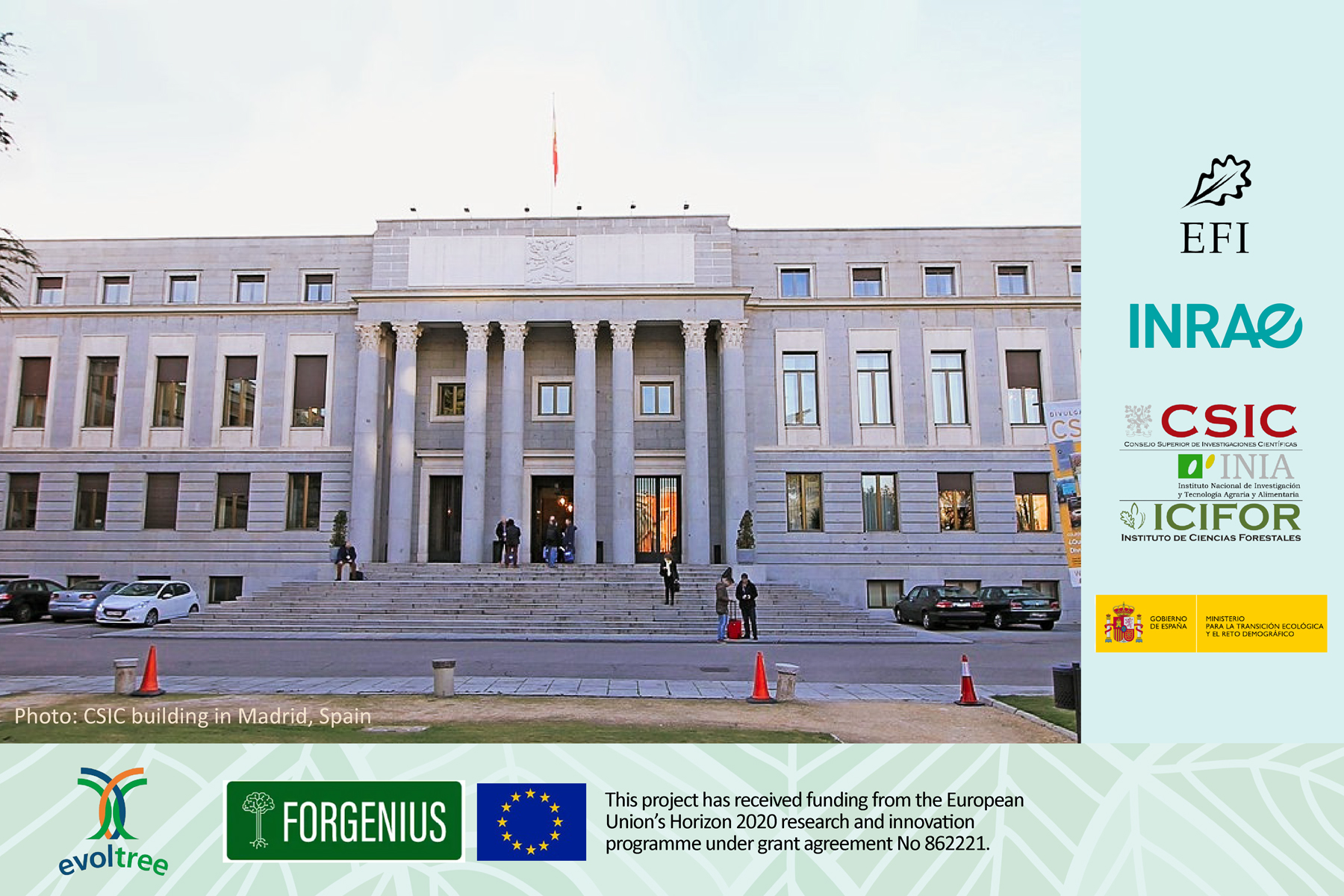Developing Best Practices For Testing Landscape Effects on Gene Flow
(Scientific Events)
This Distributed Graduate Seminar (DGS) in Landscape Genetics took place in May 2010.
A key objective of landscape genetics is to study how landscape modification and habitat fragmentation affect organism dispersal and gene flow across the landscape. Landscape genetics requires highly interdisciplinary, yet specialized professionals, and makes intensive use of spatial analysis tools such as remote sensing, GIS software and spatial statistics that have not historically been a component of training programs for population geneticists. Even when students receive disciplinary training in several of the involved fields of landscape genetics, educational programs lack the necessary linkage and synthesis among disciplines.
Each seminar started with a video-taped lecture that introduces foundations and methods and highlights points for discussion in local seminar groups. Practical experienced applying various methods to selected cases studies was provided through a combination of computer labs, interpretation of sample output, and paper discussions. The main goal of the synthesis meeting was to discuss how consequences of methodological choices propagate to later steps in the analysis, leading to a joint publication of best practices for testing landscape effects on gene flow.



